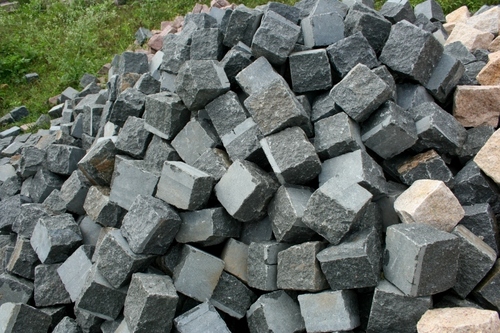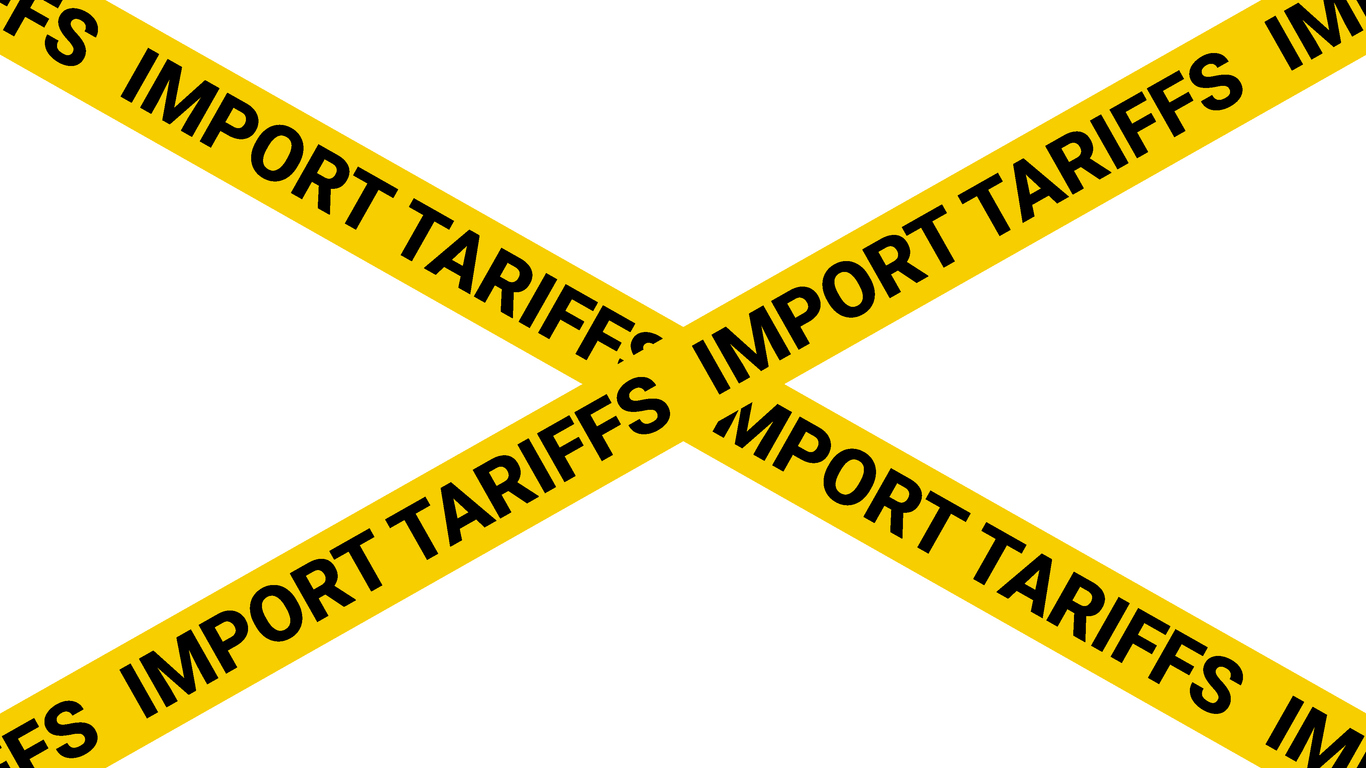How To Export Granite from Nigeria: The Ultimate Guide
How To Export Granite from Nigeria: The Ultimate Guide
Nigeria is rich in natural resources. It has an abundance of fertile land, oil, and gas reserves. The country has a diverse market that includes the United States and China and is one of the largest producers of petroleum and natural gas in Africa.
The Nigerian government is also encouraging the export of granite to other countries for profit. Granite is a highly sought after material due to its durability and design elements. However, there are many factors you need to take into consideration before exporting your granite such as the cost of obtaining permits and licenses as well as understanding how much weight you can transport per shipment. Here’s what you need to know about exporting granite from Nigeria!
The Nigerian Government Encourages Exporting Granite
The Nigerian government has encouraged the export of granite to other countries for profit. This is due to the demand for granite across the globe. Granite is a highly sought after material due to its durability and design elements.
Before you export your granite, there are many factors you need to consider. For example, the cost of obtaining permits and licenses is just one factor. You also need to understand how much weight you can transport per shipment. You want to be sure that the weight of the shipment won’t exceed the weight limit due to increased shipping costs.
Nigerian law states that any product with a value of $20,000 or higher must be declared at customs before it can be exported.
Considering how lucrative granite exports are, you want to make sure that you understand all of the necessary steps before exporting your granite. Whether you’re exporting granite to another country or shipping it domestically, understanding the process will help your business be successful!
The Advantages of Exporting Granite
Granite has become popular internationally for its durability and design. It can be used in a variety of ways, from residential to commercial to public spaces.
Nigeria’s government is now encouraging the export of granite to other countries as a way to increase revenue. Nigeria has a diverse market, including the United States and China, and is one of the largest producers of petroleum and natural gas in Africa.
The Nigerian government is also encouraging the export of granite to other countries for profit. Granite is a highly sought after material due to its durability and design elements. However, there are many factors you need to take into consideration before exporting your granite such as the cost of obtaining permits and licenses as well as understanding how much weight you can transport per shipment.
Here are six things you need to know about exporting granite from Nigeria:
1) In order to export, you’ll need to obtain a permit from the Nigerian Export Promotion Council (NEPC)
2) Weight restrictions for exports vary from 10 – 40 tons
3) You’ll need to obtain an import license from the Nigerian Bureau of Customs or Nigerian Customs Service (NCS)
4) You’ll need a Customs Declaration Form
5) You’ll need
Factors to Consider Before Exporting Granite
So you’re in the business of exporting granite and you’re interested in shipping your goods to a prospective buyer in Qatar. The first thing you’ll need to do is obtain the required permits and licenses. The Nigerian government requires that you obtain a license to export granite and that the license is stamped on the certificate of origin.
The Nigerian government also requires that you obtain a certificate of origin. The certificate of origin is a document that is used to obtain the required permits and licenses for exporting granite. You’ll also need to obtain an export permit which is typically obtained from your local customs office.
The next thing you’ll need to do is find out what type of granite you’re exporting and how much weight you can transport per shipment.
First, it’s important to know that not all types of granite can be exported. You’ll need to obtain the necessary permits and licenses before exporting your granite. The Nigerian government will classify your granite as either a “controlled” or “non-controlled” material.
Granite that is classified as “controlled” will have weight limitations and will cost more than non-controlled materials. The Nigerian government determines if your granite is “controlled” by your country of
How Much Granite Can You Export?
You may want to know how much granite you can export. Whether you are exporting your granite on your own or hiring a transport company, the limits are set by the weight of the shipment. You can transport up to 5,000 kilograms of granite per shipment.
If you want to transport over 5,000 kilograms of granite, you must have a permit from the Nigerian Export Promotion Council (NEPC). Your shipment will also have to travel with an approved NEPC-registered carrier with a NEPC certificate. You can also export up to 250,000 kilograms of processed granite per shipment, but you will need the same permit and NEPC certificate for this quantity.
The types of granite that are allowed for export are ornamental stone, cut stone, or any building stone that has been cut or sawn. If you are exporting rough stone, you will need an approved NEPC rough stone carrier.
What’s the Process for Exporting Granite from Nigeria?
The process for exporting granite from Nigeria can vary depending on who you work with. The government is the only organization that has the power to issue a permit for exporting. In this section, we will cover the steps you need to take to export your granite from Nigeria. These include:
1) Contact the Nigerian Export Promotion Council – This organization will provide you with a list of companies that have been certified to export granite from Nigeria
2) Contact a registered company – Once you have a list of companies, contact them to discuss your requirements and inquire about their fees. This is also an opportunity to ask about transportation costs
3) Obtain a permit from the Nigeria Export Promotion Council – The government will issue a permit once they have been contacted and their terms have been met
4) Apply for a license from the Nigerian Customs Service – The Nigerian Customs Service will issue a license once all the necessary documents have been submitted and paid for
5) Prepare your granite – Ensure your materials are ready for export. This includes ensuring there are no cracks in the stones, any loose pieces, or deep scratches. You will also need to ensure that the stones are not more than 10cm in height and width
6) Transport your granite – You can transport your
Conclusion
The cost of exporting granite
The cost of exporting granite is relatively low and ranges from $1,000 to $3,000. The cost mainly depends on the weight and size of the granite. Permits and licenses
If you want to export granite from Nigeria, you will need to obtain a permit and license. Depending on the type of granite you’re exporting, the government may also require you to get a specific license. The license costs $2,000 and will need to be renewed every year.








LEAVE A COMMENT
You must be logged in to post a comment.